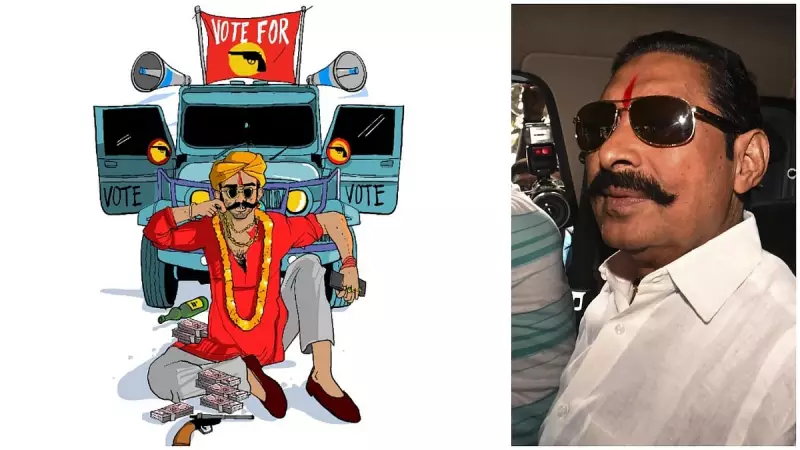
In the rough-and-tumble world of Bihar politics, a remarkable evolution has taken place. The state's notorious 'Bahubalis'—strongmen who once ruled through fear and intimidation—have successfully transformed themselves into legitimate political players, mastering the art of electoral politics while maintaining their formidable reputations.
The Era of Muscle Power
For decades, Bihar's political landscape was dominated by figures who built their empires through sheer muscle power. These strongmen controlled territories, settled disputes through kangaroo courts, and commanded loyalty through a mix of fear and patronage. Their word was law in their respective domains, and political parties often sought their support to secure votes in their strongholds.
The Transformation Journey
As democracy deepened and electoral politics became more competitive, these bahubalis recognized the need to adapt. The transition wasn't easy—many faced legal challenges, public scrutiny, and changing voter expectations. Yet, the most successful among them managed to reinvent themselves as social champions and development advocates while maintaining their core support bases.
Key Survival Strategies
- Image Makeover: Many strongmen began emphasizing their philanthropic activities and community service
- Political Alliances: Strategic partnerships with mainstream parties provided legitimacy and resources
- Social Engineering: Mastering caste equations and building multi-community support networks
- Development Focus: Gradually shifting rhetoric from protection to progress and development
The New Political Reality
Today, these transformed bahubalis operate within the democratic framework while retaining elements of their old influence networks. They contest elections, form governments, and participate in legislative processes. Their journey from muscle to mandate represents one of the most intriguing aspects of Bihar's political evolution.
Impact on Bihar's Democracy
The adaptation of strongmen into mainstream politics has had profound implications for Bihar's democratic processes. While it has brought certain stability and local leadership, it has also raised questions about the criminalization of politics and the quality of governance. As Bihar approaches the 2025 assembly elections, the role of these political survivors remains crucial to understanding the state's complex political arithmetic.
The enduring presence of these figures demonstrates their remarkable ability to read the political winds and adapt to changing times—a lesson in political survival that continues to shape Bihar's destiny.





